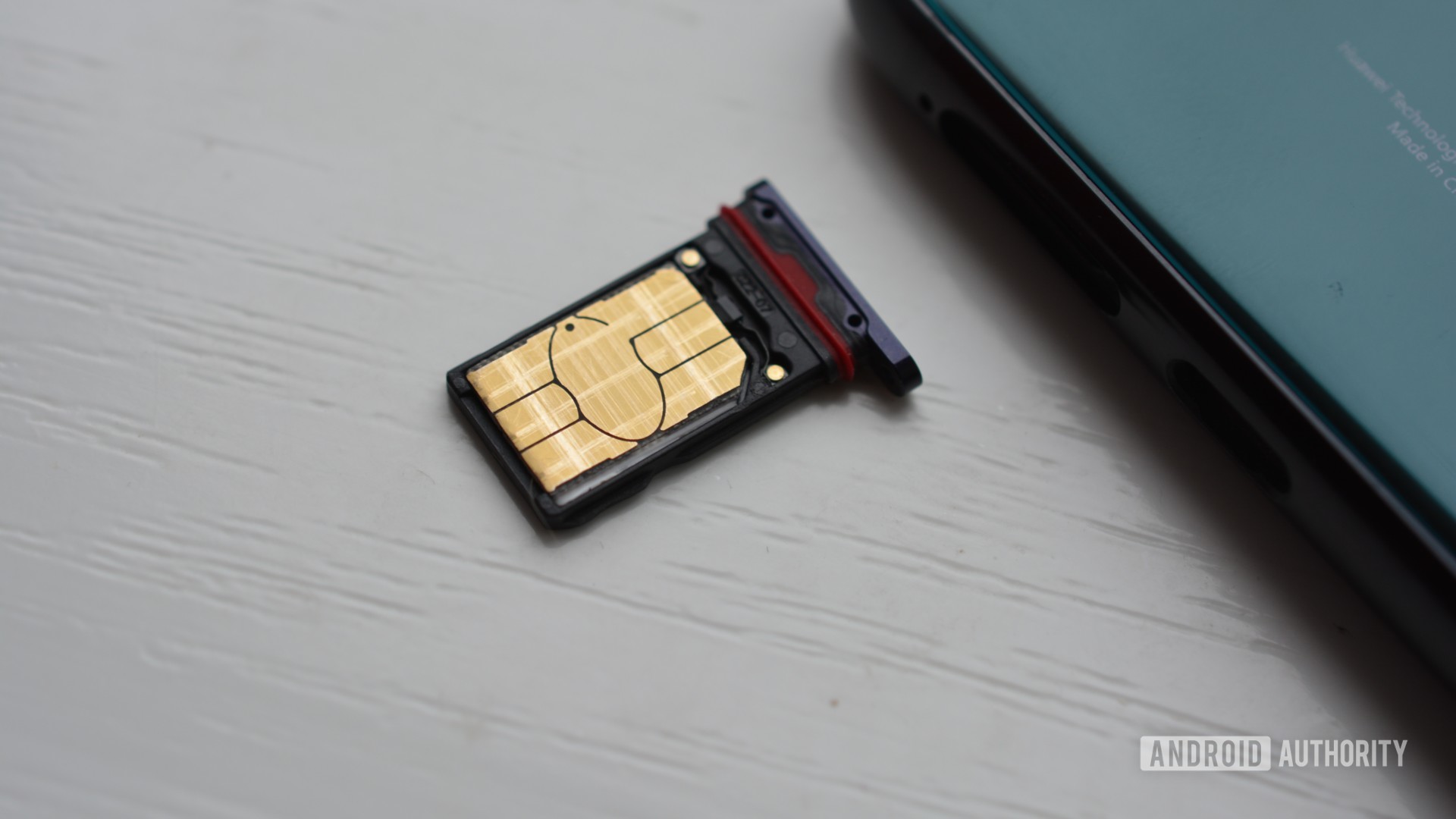

- Samsung has published a white paper regarding 6G technology.
- It foresees user-experienced download speeds of 1Gbps and latency under ten milliseconds.
- Samsung thinks 6G networks could arrive as soon as 2028.
5G has launched in many markets, although there are still several major countries that have yet to receive the new connectivity standard. However, Samsung isn't waiting around. Last year we heard the company was expanding its research into 6G and now it's just published a white paper to discuss its vision for 6G connectivity.
In the white paper, the company predicts that we could see the blazing-fast new standard launch before the end of the decade. This would be broadly in line with the gap between 4G and 5G.
"For 6G, we expect ITU-R will begin their work to define a 6G vision in 2021," Samsung notes. "Taking into account the trend of speeding up of development of technical standards for each new generation, we expect that the completion of the 6G standard and its earliest commercialization could happen as early as 2028, while massive commercialization may occur around 2030."
What to expect from 6G
Samsung says speed, latency, and reliability are all set to see improvements by transitioning from 5G to 6G.
"While 5G was designed to achieve 20Gbps peak data rate, in 6G, we aim to provide the peak data rate of 1,000Gbps and a user experienced data rate of 1Gbps," the firm explains.
Explained: What is 5G?
Samsung reckons we could also see user-experienced latency of under ten milliseconds, and air latency of less than 100 microseconds (compared to one millisecond for 5G). Furthermore, it's expected that we could see a 10x improvement to reliability for latency-sensitive services (e.g. remote surgery, emergency response) compared to 5G.
What could 6G be used for?


The South Korean company also moots several use cases for the tech, with the first being truly immersive XR (AR/VR/mixed reality). Samsung says streaming AR to an 8K display currently requires 55.3Mbps and asserts that "truly immersive" AR requires 0.44Gbps speeds. The firm also says that 16K VR streaming requires downlink speeds of 0.9Gbps, claiming that current 5G connections can't provide this speed.
The other two use cases for 6G suggested by Samsung include high fidelity holograms and Digital Replica/Digital Twin technologies to replicate people, devices, places, and more. A human-sized high fidelity hologram in particular requires speeds of several Tbps, according to the firm.
Samsung also suggests that 6G can be built with AI capabilities in mind, saying AI can deliver reduced power consumption, predict and fix network issues, and improve handover operations.
It's clear that 6G is still a long way off, but Samsung is just the tip of the iceberg when it comes to companies working on the tech. Ericsson, Huawei, and Xiaomi are just a few of the other firms also working on 6G in some capacity.
The Samsung white paper also covers a ton of other details, including technical information. You can check it out by clicking here.
More posts about Samsung
from Android Authority https://ift.tt/2OndKo3
via IFTTT









Aucun commentaire:
Enregistrer un commentaire